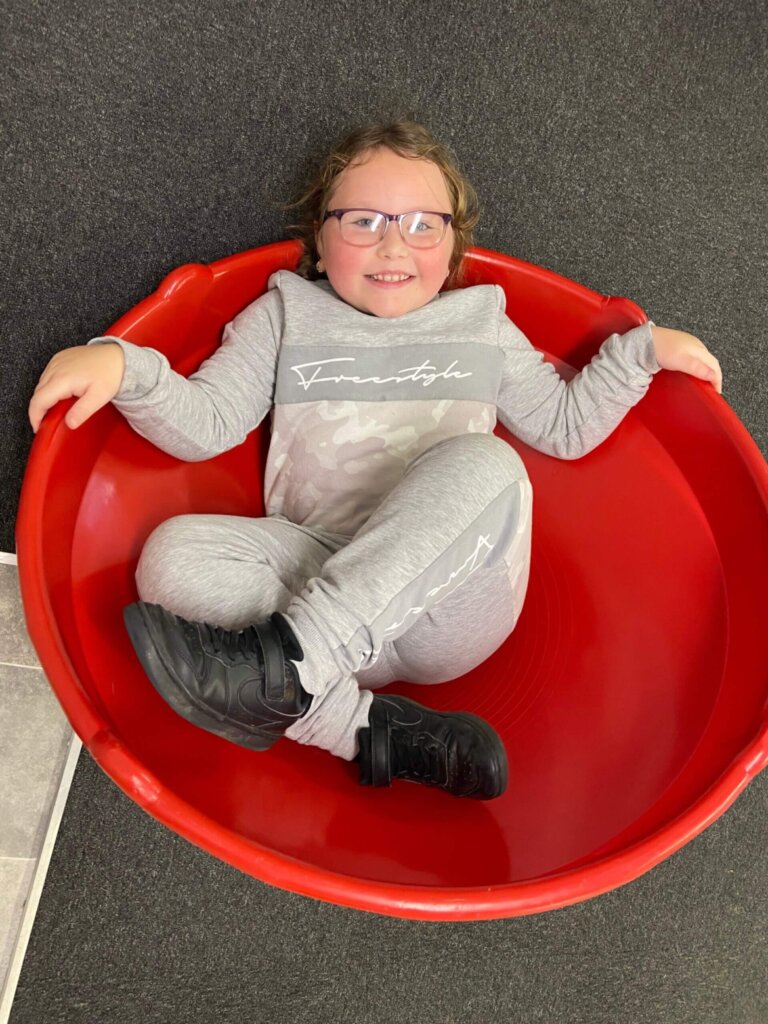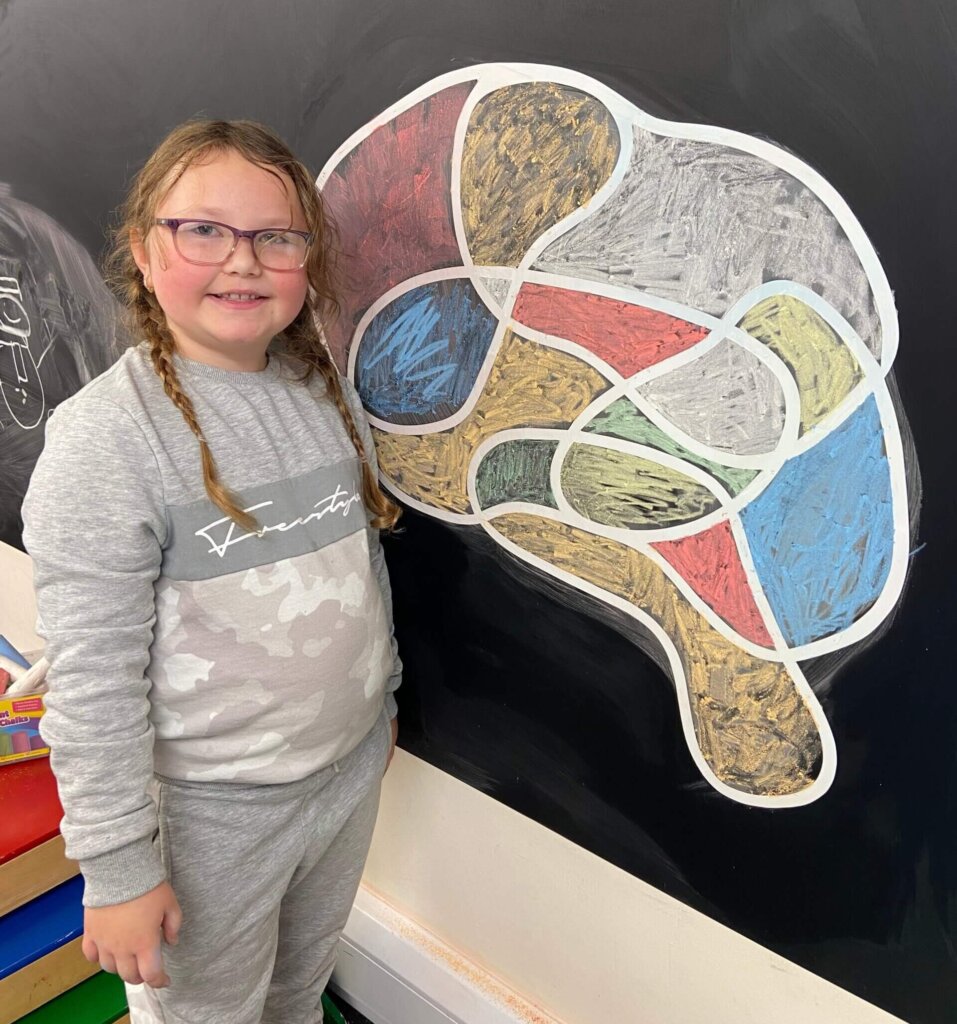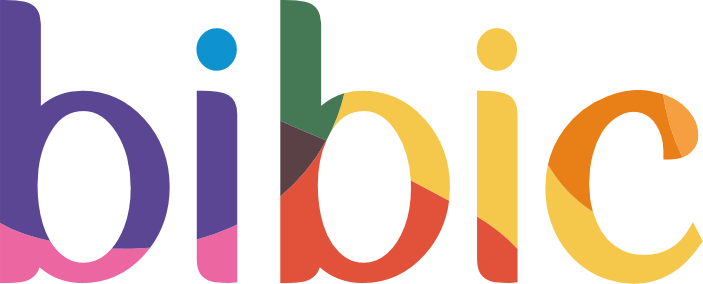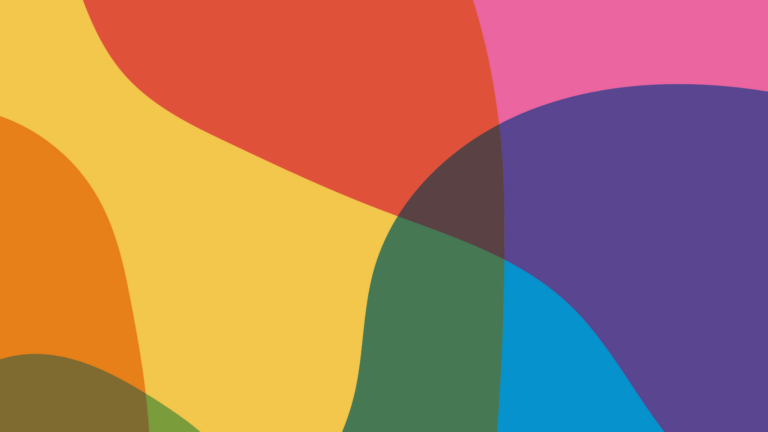Back in 2019, my daughter Alice started showing Obsessive compulsive disorder (OCD) behaviours, touching my face, asking me if it was “actually me”, and always wanting to do things her own way, which caused conflict.
When COVID hit, she couldn’t do schoolwork by herself and when she went back to school, I noticed she was going downhill academically. Her anxiety and OCD behaviours got worse. She has low mood but didn’t know why and I wasn’t sure how to manage this, which would end up triggering her. This caused more extreme behaviours like throwing water on my laptop and shining a torch into my eyes.
During our assessment, I was shocked to hear she had traits of ADHD; we thought she might have autism due to lack of eye contact and she was unable to follow conversations or respond in an appropriate way. Our therapist explained more about ADHD, and I learnt how different this can be for all individuals.
Had I not gone to bibic with my daughter, I would not have picked it up at all with my son. He only has the inattention aspect of ADHD, which meant he was able to sit under the radar. He struggles to show his emotions and he is also better at masking than my daughter, which is why I wouldn’t have noticed. This journey has been very difficult; partly because, in between my daughter and son getting diagnosed, my husband and I were diagnosed with ADHD. We now realise all the difficulties we’ve had all our adult life, and why.
Two years ago, I thought my family was one way, and now we’ve found out we’re all neurodiverse, which was overwhelming and quite lonely, too. It also created a lot more to do and another level of support needed for my family.


Before coming to bibic, it was horrendous trying to deal with something when we didn’t know what was going on. As a family, it has massive impacts; it felt like it was impossible to seek support for what we were going through. The support from bibic has been amazing. The assessments feel full and helped me know my children individually and what I can do to support them.
Thinking about the future, I feel ups and downs but after coming to bibic, the positive thing is really seeing my children’s strengths, the areas that they need support in, getting that clarity and understanding them better. I can already feel my perspective changing. bibic gives you an ability to see strengths and utilise them and I’ve learnt everyone with a neurodiversity is different.
Being a mum is the best thing that has ever happened to me, and the most important thing in my life. Getting to know my children as individual people and helping them to achieve their potential is the most rewarding.
I remind myself when things are hard that I can see my amazing children’s potential, and I’m passionate about nurturing and loving them to reach it.
For privacy, photos and names have been changed.


